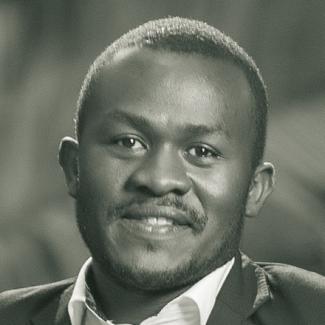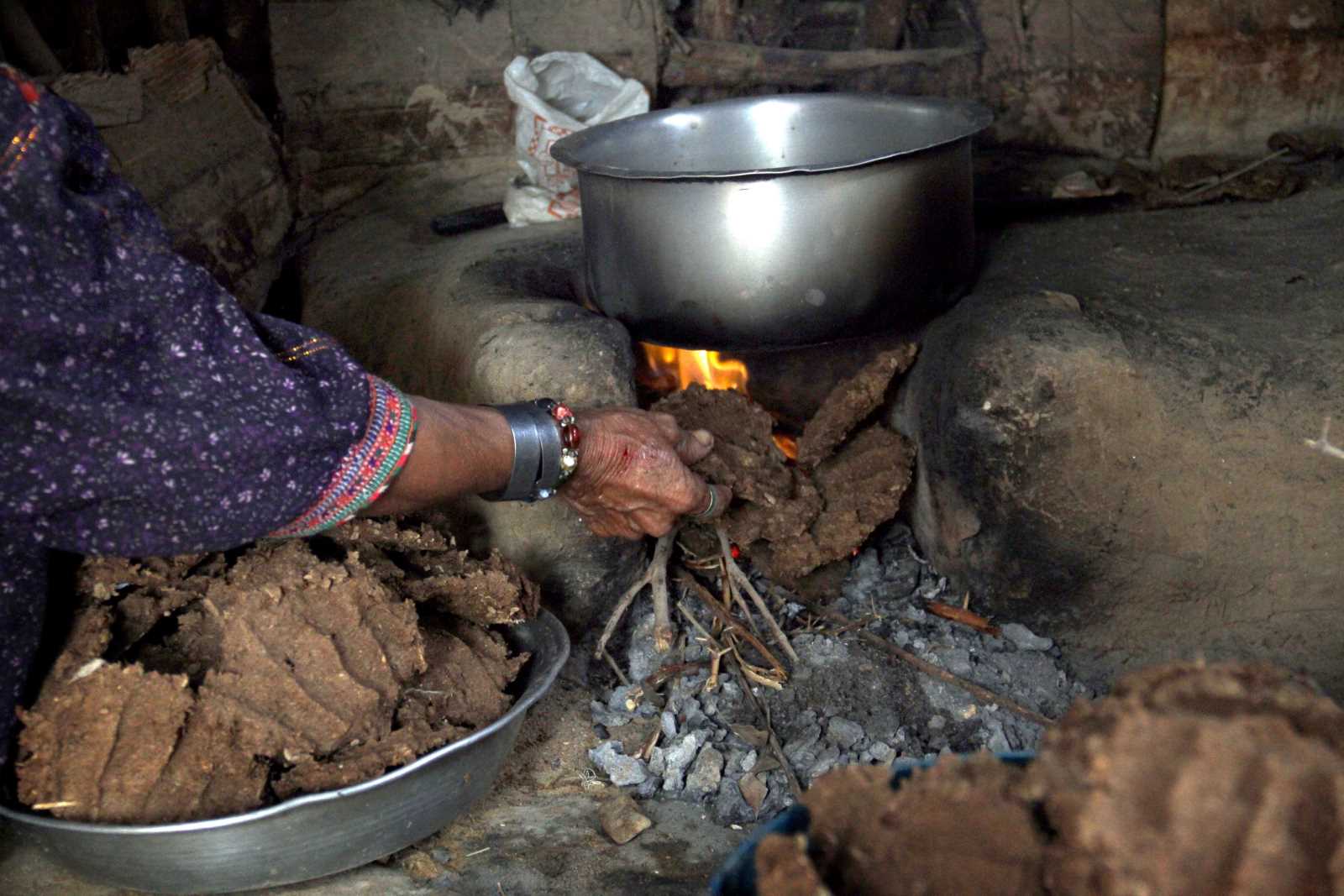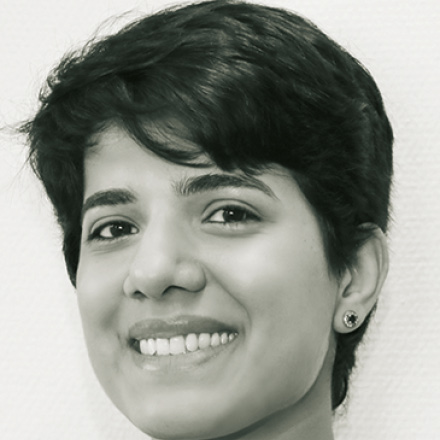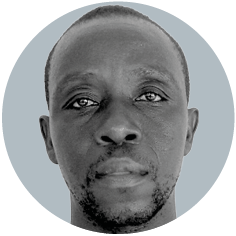Mauritius
How Mauritian journalists report about women
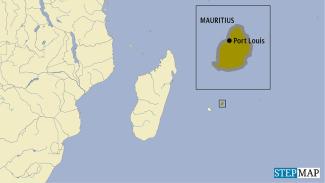
Her conclusions are striking. According to Chan-Meetoo, 70 % of the sources and experts the media quoted were in the media were male. Women only played subordinate roles. Moreover, the photographs in newspapers mostly showed men. While some female journalists relied on female sources, their male colleagues mostly quoted men. There was not a single woman in the top leadership of any Mauritian media organisation.
Regarding the promotion of gender equity, Chan-Meetoo sees ambiguity: “I think that media both continuously frustrate and help the gender agenda. They frustrate it when they sensationalise stories about women and LGBTQ+ groups – especially crime and rape stories – or give little to no space to these voices as experts rather than objects regarding ‘serious’ topics.”
On the other ahand, But the journalists are media helpful s when “they raise awareness about gender issues or occasionally showcase women’'s success stories, for example as entrepreneurs, leaders or researchers”. She does, however, note a tendency in such cases to add “a pinch of subtle sexism, oftentimes through imagery or allusions to family life” in such cases.
In Chan-Meetoo’s eyes, the media could – and should – do more for making spaces safe for women, including streets, workplaces and the internet (see main story) . Involving men in this debate is vitally relevant, she argues, regretting that related topics tend to be treated as though they only concern women.
Apart from the media, institutions of education matter, Chan-Meetoo says. Schools should raise awareness and help to instill a culture of equal rights in the minds of the young generation. At school, she wants girls and boys to be treated the same ways when it comes to career orientation and the choice of subjects such as science, maths or and home economics. “At home,” she adds, “it means no discrimination in the allocation of chores.” Boys too should learn how to cook, wash, iron et cetera.
Reference
Chan-Meetoo, C., 2021: “Editorship, agency and content through the gender lens: an analysis of gender balance in the news industry and its output in Mauritius”. In: Tandrayen-Ragoobur, V., ed.: “The gender divides of the Mauritian society: Re-appropriating the empowerment and citizenship discourse”. Port Louis:, Editions Le Printemps.
Alphonce Shiundu is a Kenyan journalist, editor and fact checker. He lives in Nairobi
Twitter: @Shiundu
